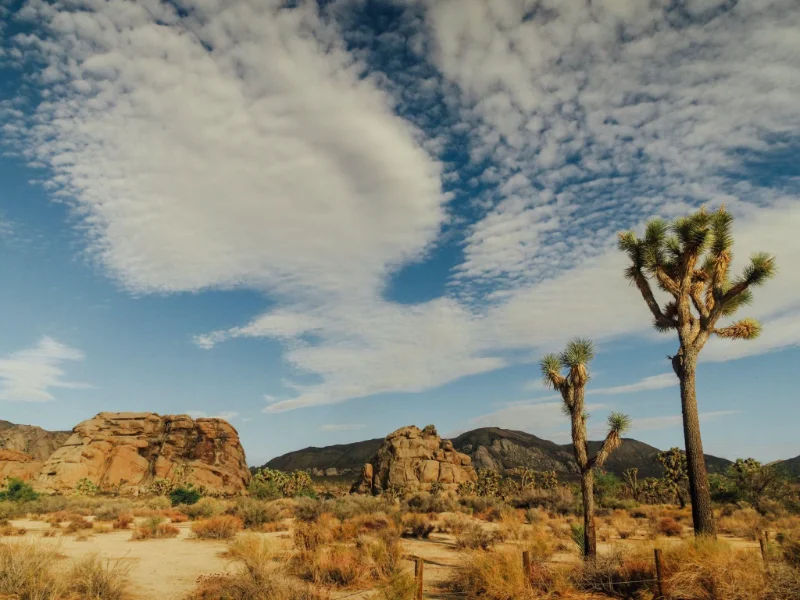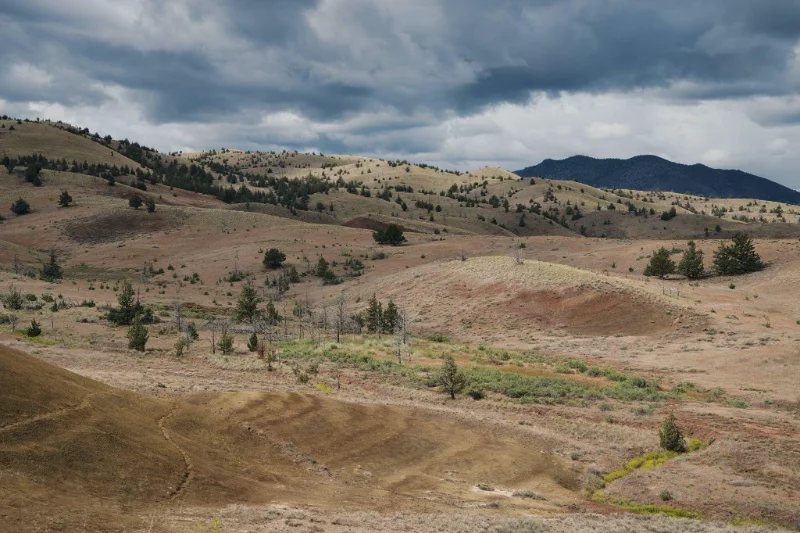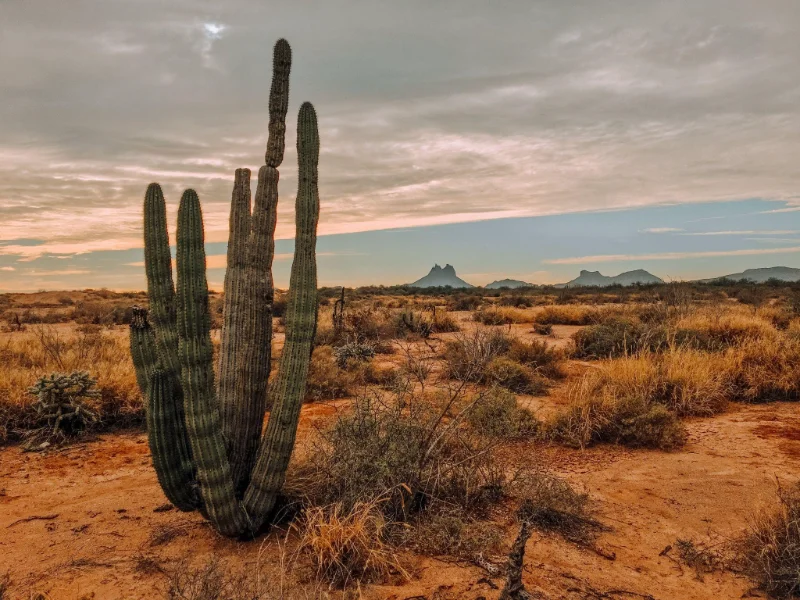Your Guide to Buying Vacant Land

Purchase of vacant land can be an excellent investment opportunity, with its value typically increasing and being suitable for many different uses.
Understanding the advantages and disadvantages of purchasing real estate this way will ensure you reach your financial goals successfully.
Location
Many buyers purchase vacant land to build their dream home or invest in property that they can later sell or lease out, regardless of its intended use.
When researching any potential investment location, it is vital that buyers perform thorough due diligence - this may include consulting local city planners on what projects may be planned in that area; also find out whether utilities such as electricity, water and gas will be accessible near or on their potential purchase property.
If a buyer intends on using their property for residential purposes, they should research local building setback regulations as well as annual taxes obligations on vacant land.
Finally, prospective buyers must ensure they can afford the initial costs associated with purchasing it; banks often view vacant land as speculative investments and are less likely to provide financing solutions. As a result they may require alternative funding such as private money or direct loan programs through USDA. You can click the link: https://www.usda.gov/our-agency/about-usda to learn more about this organization.
Taxes
Buying vacant land involves different tax considerations than purchasing an existing home, so it's crucial that you understand these distinctions to make informed decisions based on your unique goals.
Purchasing land currently being used for agricultural purposes could qualify for a lower property tax rate; however, if it's set for development with increased property value in the future, property taxes will increase proportionately. You can click here to learn more about taxes.
If you are purchasing land in an established neighborhood, be aware of additional expenses such as association fees or rules regarding how often it must be cut and where vehicles may park - these additional costs could impact the return on your investment and could add up quickly.
As an investor, property taxes and loan interest payments that you incur for purchasing vacant land may be deducted as tax-deductions known as capitalizing costs.

Accessibility
Vacant land refers to any piece of property that does not contain buildings like homes, barns or sheds. Dilapidated buildings do not fall within this definition but do fall under other real estate categories like "used" or "developed."
This distinction can be beneficial for investors seeking liability coverage for their investments but encountering difficulty finding coverage for properties with structures on them. Working with professionals like the ones found at https://my505home.com can help you with these issues. Real estate professionals are experienced in these types of distinctions.
Investing in vacant land can be an excellent opportunity for those who seek to create their ideal home or business environment. Unlike pre-built properties, vacant land allows you to design the space to suit your own preferences within zoning restrictions.
Location-dependent vacant land investments may provide high returns while incurring minimal maintenance costs, but before purchasing any plot of land for investment or homeownership purposes it's essential to carefully assess your goals and needs. Land requiring mitigation credits could add extra expenses when developing or building on it.

Future Development
For anyone purchasing vacant land in order to build either residential or commercial structures, it's vitally important that they think through their future development plans carefully.
Will you rent out or sell off after construction is complete, or continue developing? Choosing an effective strategy will be essential in reaching your investment goals.
Investors interested in profiting from vacant land should also reach out to local city planners in order to understand what changes could affect its value, such as new houses or retail establishments in the neighborhood or roads being constructed nearby.
An important element to consider is whether or not the property has access to utilities. Any vacant land used as home or business will require electricity, gas, water and internet/TV connections - be sure to factor these costs into your budget or consider purchasing one with already installed utility access. You can visit this helpful site to learn more.
When searching for vacant land it may be beneficial to work with a team of professionals such as architects, engineers, landscapers or contractors so as to recognize any unexpected risks and mitigate safety concerns more efficiently.
Restrictions
Before making any definitive decisions about purchasing vacant land, it's essential to carefully consider all associated expenses.
These costs often go far beyond initial construction estimates: permit fees and environmental tests should also be factored into any final decisions. Building access roads could also be part of this responsibility - depending on its location near public roadways this could be fairly straightforward while for landlocked parcels this might mean reaching agreements with surrounding neighbors for access through private roads on their properties.
If the vacant land you're considering is situated within an established subdivision, it may already be subject to government zoning restrictions and could even belong to an HOA with membership fees that set rules regarding grass-cutting frequency or parking spaces for residents.
Investing in vacant land can be a great way to diversify your assets. Although this investment opportunity requires some specialized knowledge, if you are willing to do the research, you can make a valuable purchase that can pay off in increased profits in the long run.
